Origin Story
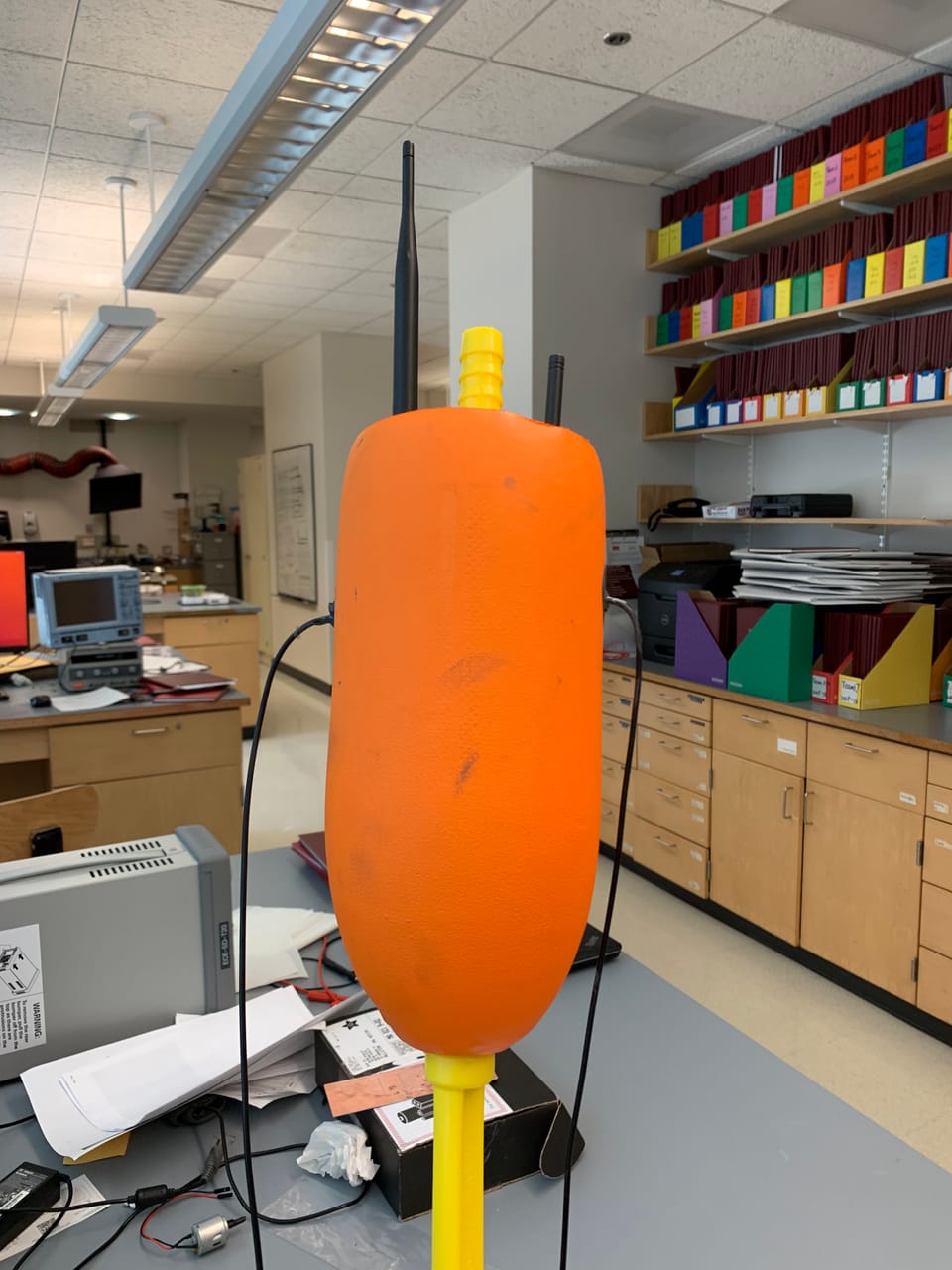
I've probably been to 100+ networking events over the last few years. They're all a bit different but at their core remains the same thing: awkward conversations with strangers that start with "so, what do you do?"
I've answered the question hundreds, maybe thousands of times. My response has changed over the years and as my journey has evolved. I'm sitting in a coffee shop trying to come up with a snarky way to spin this, but I can't figure it out so I'll cut to the chase. Everyone asks "What do you do?" and "How did you start doing that?" so while it pains me to answer over and over again, it's pretty valuable information and probably worth writing down.
What do I do?
I build water quality monitoring equipment
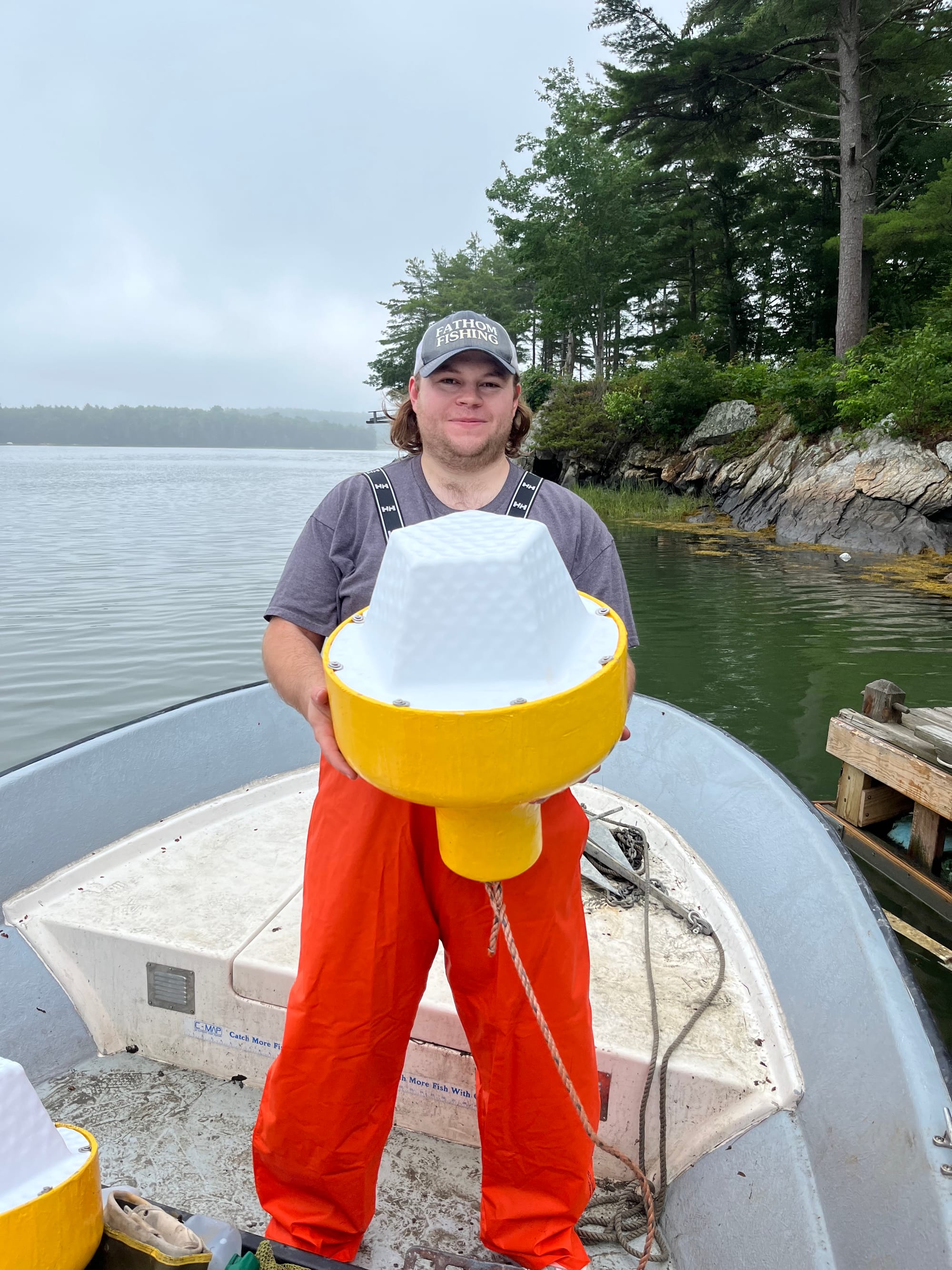
Even after meeting so many people, and explaining my journey I'm not sure that's a great answer. Life is so nuanced (my word of the week is sonder, it's applicable here but I can't use it in a sentence yet), but I always have to balance the length of my answer. Answer someone with too few words, they don't understand; Answer someone with too many words, they think you're crazy and/or get bored.
Since the blog format is a little different than having a conversation, I'll give you the long answer (plus it's my blog, I'll do whatever I want)...
- I started a company to build just about anything that can help anyone working on the water.
- My focus to date has been on collecting data, to help people make data driven decisions on or with regards to the water.
- Right now I'm designing, manufacturing and testing a couple of monitoring buoys that collect data points such as salinity, wave actions and dissolved oxygen.
- This will help:
- people like oyster farmers scale their farms;
- stakeholders in our coastline study coastal erosion;
- researchers study just about anything water related!
- This will help:
- Right now I'm designing, manufacturing and testing a couple of monitoring buoys that collect data points such as salinity, wave actions and dissolved oxygen.
- In the future I'd like to build out an entire toolkit of hardware and software for aquaculturists - The Aquaculture Operating System
- Pair environmental data with operational data to streamline operations and guarantee their ability to scale up
- My focus to date has been on collecting data, to help people make data driven decisions on or with regards to the water.
How Did You Start Doing That?
Gambling on baseball?
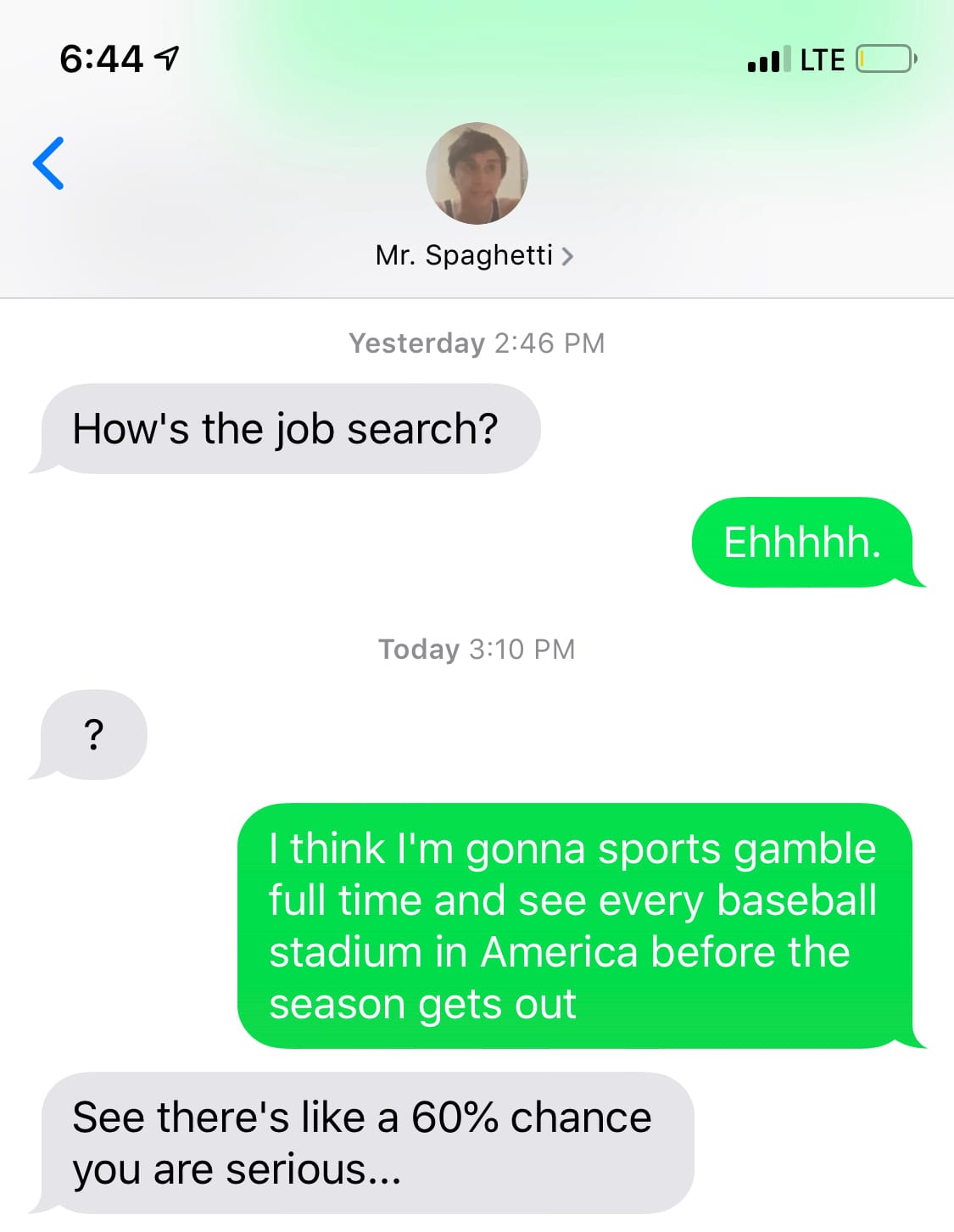
Pretty good hook, huh? It's kind of true, and I'll get to that part, but read through my mini-memoir. I'm biased, but I think it's pretty fun, full of questionable choices and eventually answers the question: How did you start building water quality monitoring buoys?
In 2016(?) I was studying mechanical engineer at Boston University, and my family moved to Swans Island, Maine so my mom could take a job as the island school teacher. It's a small island, about 6 miles off the coast of Acadia National Park. About 350 year-round residents, most of which are lobster fishermen. The only real economy was commercial fishing. I never got directly involved, but it fascinated me thoroughly. I was always sitting in class thinking about some kind of contraption I could design to help the fishermen.
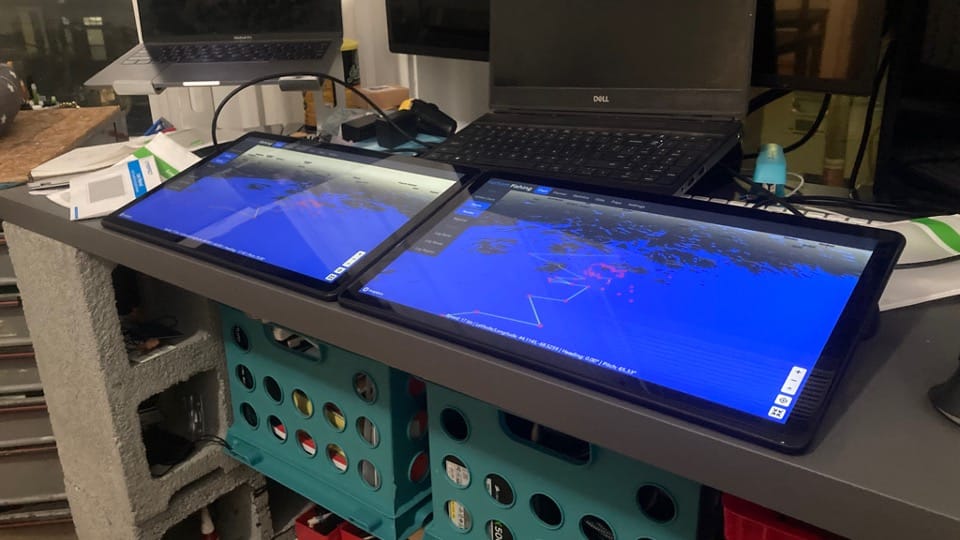
All through college I worked for (and eventually led) the Rocket Propulsion Group, whose focus was developing liquid bi-propellant rocket engines. It was a really cool opportunity to design, fabricate and test things - an experience shockingly rare in engineering education. That led to a summer at SpaceX in their manufacturing engineering group where I helped dial in the process of manufacture the Merlin rocket engines. My team specifically was responsible for machining and assembling the engines - everything from raw materials right to before teams installed sensors, or assembled them all together. I was an exceptionally mediocre intern, if I'm honest, but I learned a lot about myself. Mainly that my love wasn't for aerospace and rockets, but manufacturing, designing processes and building a ton of something.
I return to school in 2018 not really knowing what came next. I didn't really want to live in Los Angeles, or Florida. I didn't really want to work for SpaceX. All my friends and I could think about was our Senior Design Project, and how we could trick BU into getting us free boat rides in the name of science. For those unfamiliar, every engineering student has to complete a design project or thesis of some sort in their senior year, in order to graduate. My friends and I decided the best way to satisfy our degree requirement and our best chance at free boat rides was a little project we called RiverSonde. RiverSonde has its own fun little origin story rooted in fishing and drug smuggling, but that's a story for another day. It was a small little device that could measure a handful of water quality parameters with the ultimate goal of monitoring and predicting harmful algal blooms in the Charles River.
We spent the year designing pressure housings, selecting sensors, fabricating circuit boards. It was a blast: We collected our free boat rides and even finessed our way out of finals to present our work at a conference at Kennedy Space Center. But it never really worked and that bugged me.
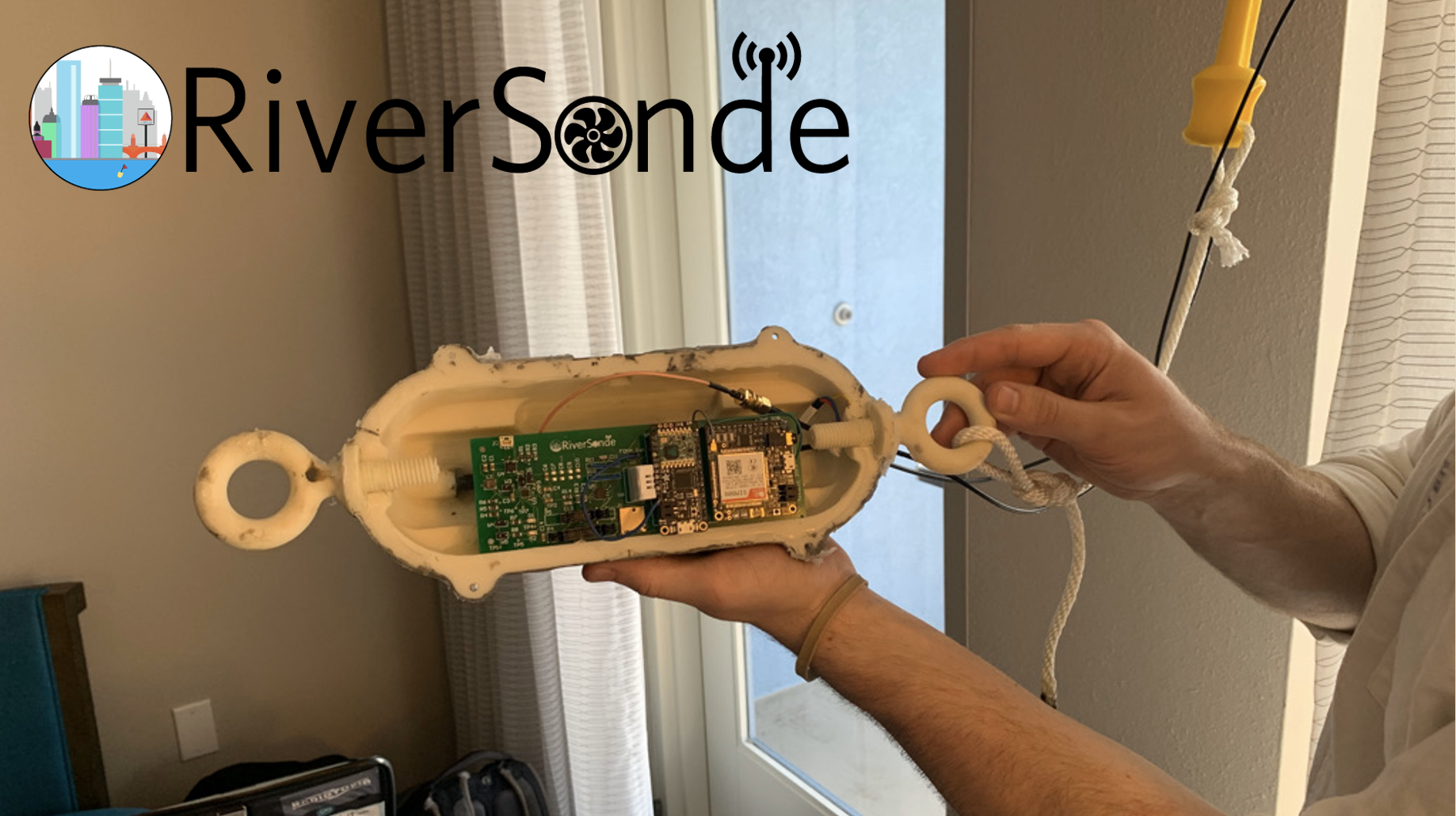
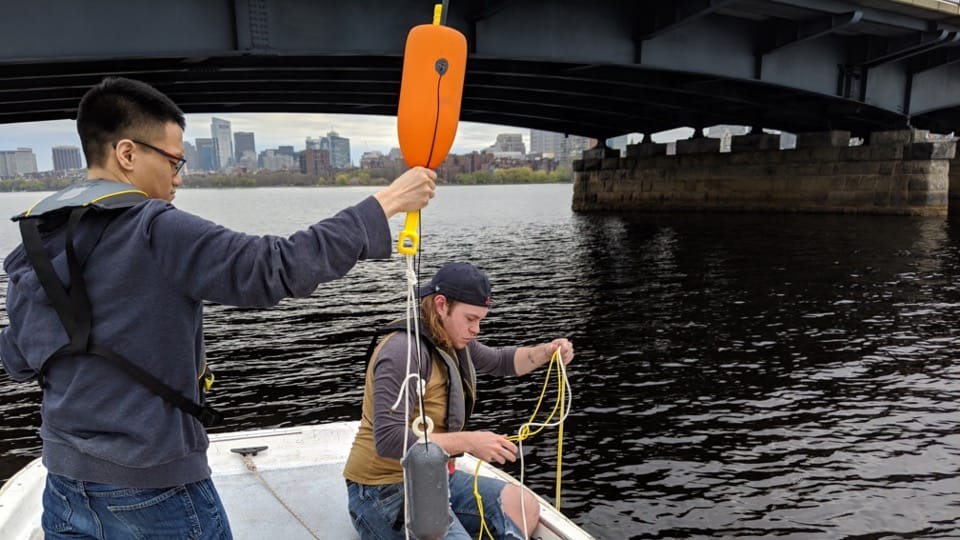
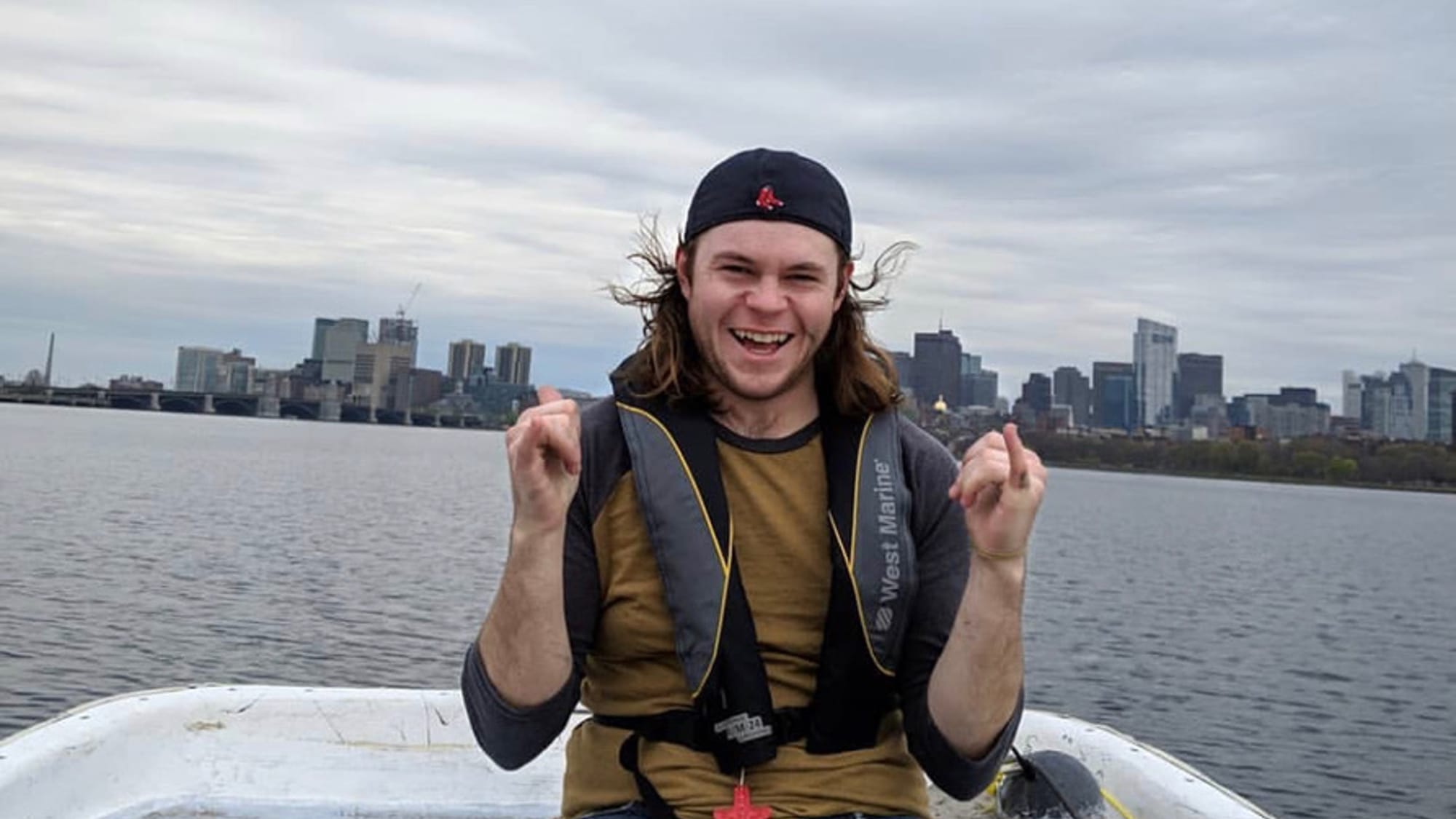
RiverSonde - adventures
Senior year comes and goes, and a very strange situationship leads me wanting to walk off the face of the earth. I only apply to jobs with 80% or more travel time.
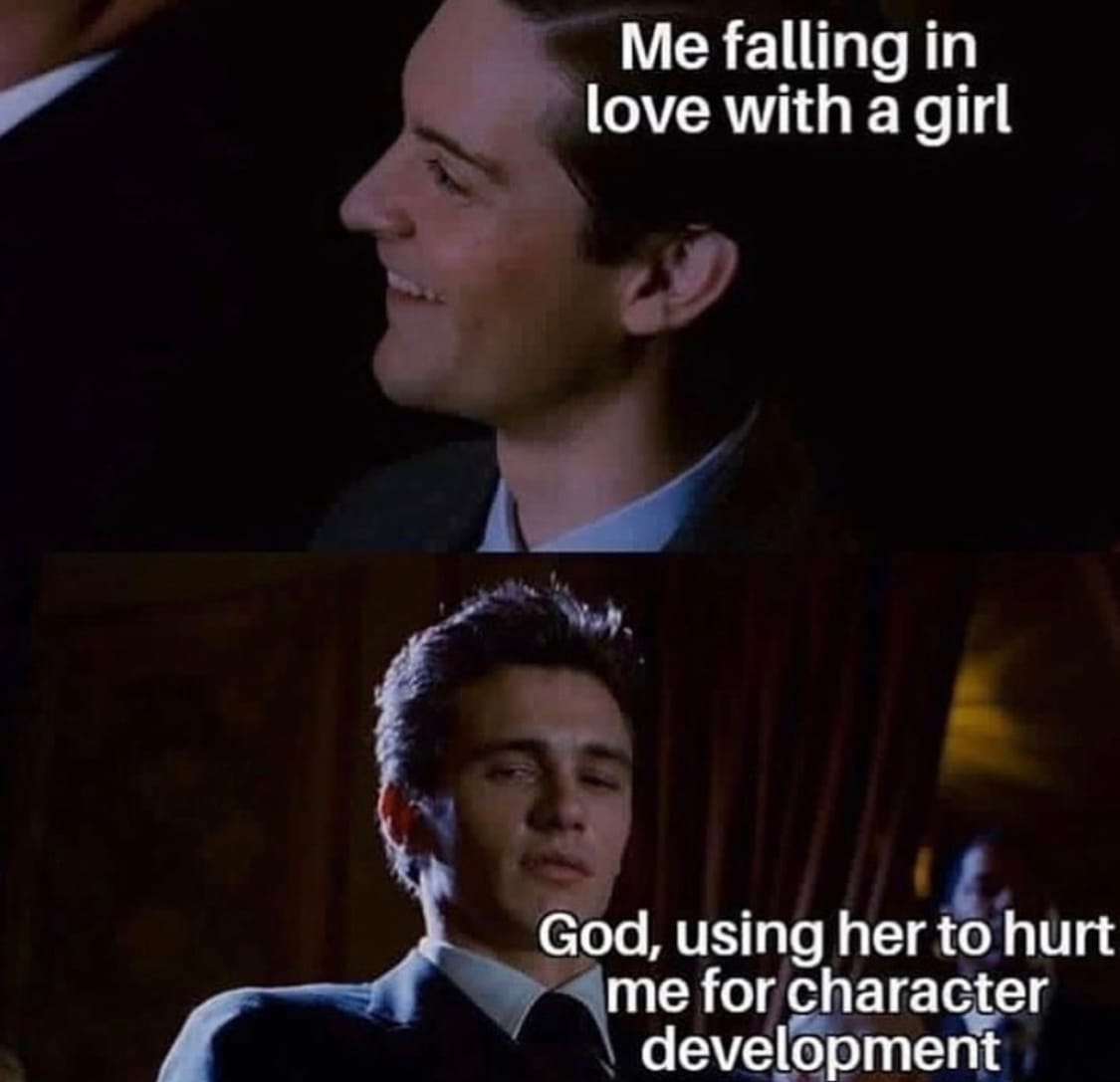
Jobs like:
- Oil rig engineer for Halliburton or Schlumberger
- Building radar stations for the FAA
- Elevator mechanic for Otis
I actually wound up working for Woods Hole Oceanographic Institution designing and operating the Alvin manned submersible. The job guaranteed a bunch of travel, the work was interesting, and I got to build stuff with my hands! Win win win. I'd go to see on the R/V Atlantis for up to a few weeks at a time. We'd wake up super early, deploy the submarine before breakfast. Wait for it to surface around dinner, then work another couple of hours. In all the down time during the day I wound up gambling on baseball. I got fed up with losing pretty quickly, so I decided to try engineering my way out of the problem: I discovered the wonderful world of data analytics.
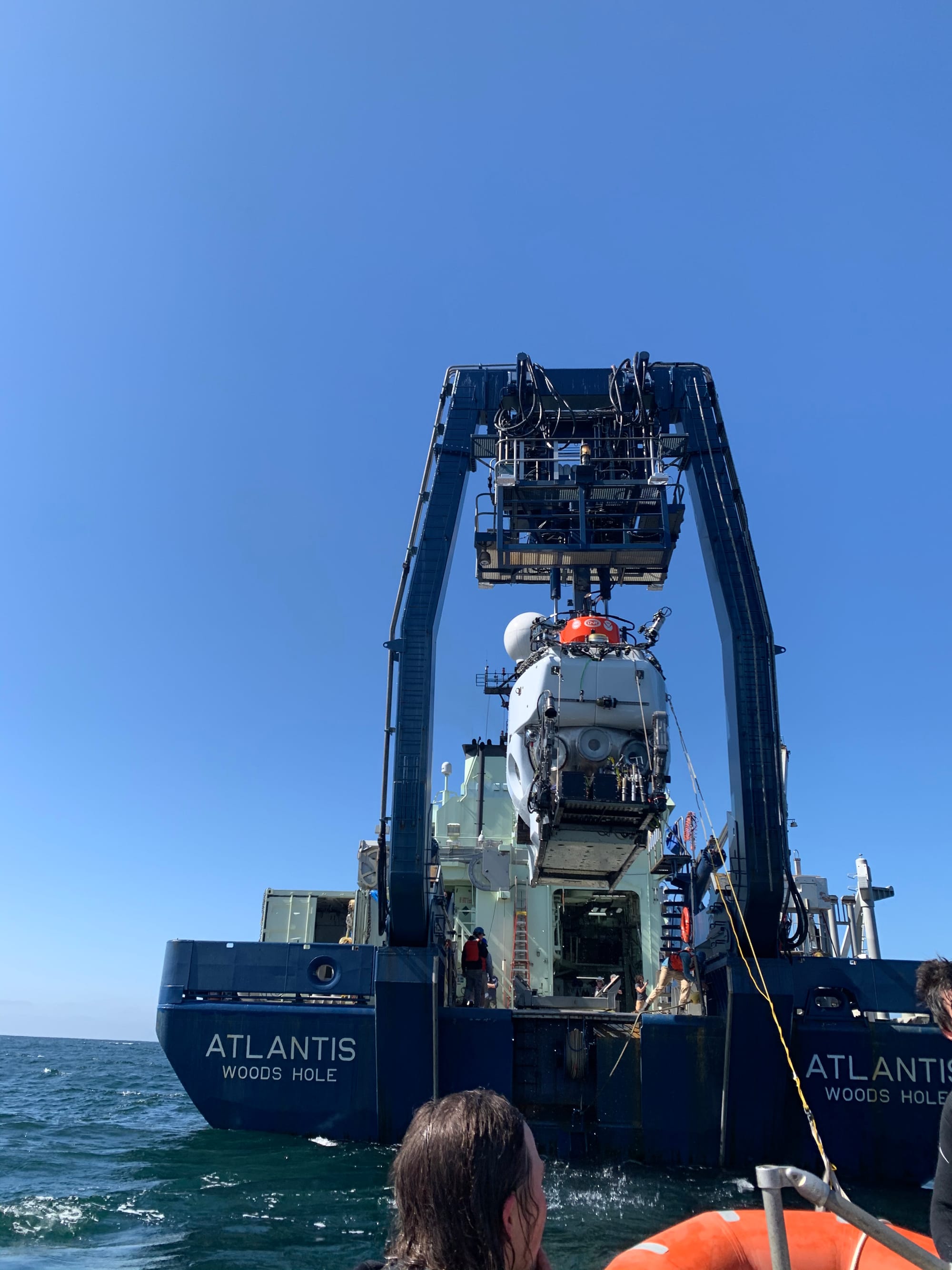
The baseball gambling didn't last too long, but the juxtaposition of big data baseball with state of the art sensors and equipment brought me back to my little fishing island.
There is so much potential to actually apply the research done at institutions like WHOI to industries like fishing, and aquaculture - why wasn't it happening? And so I set my heart on studying huge datasets and using those findings to help my local fishermen. That dream lasted all of about 30 seconds, because the data didn't actually exist. Oceanographic sensing equipment hadn't gotten cheap yet, and so nobody was deploying in areas along the coast where people were working. New goal: cheap sensing equipment.
With low cost sensing equipment, everyone could afford to gather oceanographic data where they operated. And I'd be back to comparing ocean temperature to strike zones.
So, in 2020 I founded my company (Fathom Fishing, Inc. at the time) alongside my younger brother. Our mission: create data and develop analytics to help our small island's economy of fishermen.
Plenty has changed since then, but I think this qualifies as enough of an origin story, I covered the important parts! Stay tuned for evolution.
